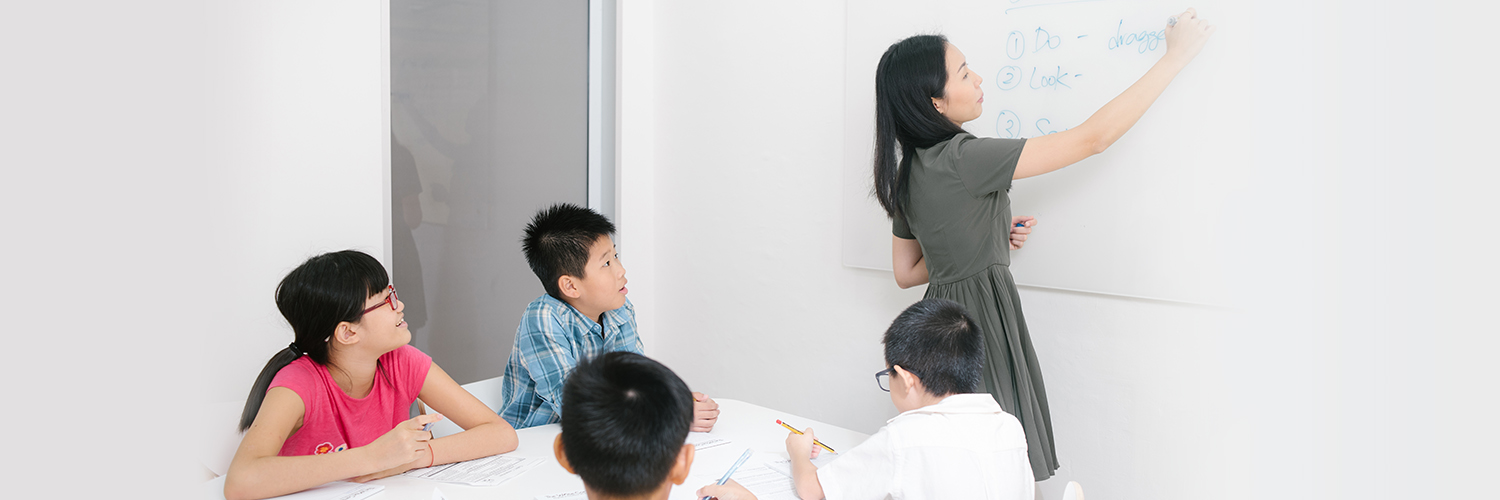As students transition from primary to secondary school, the academic challenges multiply—especially in subjects like Science. The concepts become more complex, the curriculum more intense, and the expectations significantly higher. For many, secondary science tuition becomes an essential support to meet the growing demands of secondary-level education.
This article explores how science tuition helps students navigate key difficulties, build strong foundations, and develop critical thinking skills. We’ll also highlight the role of long-term academic support and answer frequently asked questions from concerned parents and students.
Why Students Struggle with Secondary Science
Increased Complexity in Secondary Science Topics
Science in secondary school introduces new disciplines such as Biology, Chemistry, and Physics. Each of these branches comes with its own terminology, concepts, and application methods. Many students who did well in primary school find themselves struggling to keep up without structured guidance like secondary science tuition for lower secondary students.
Shift from Rote Learning to Application
Secondary-level science questions often focus more on application and analysis than memory recall. Understanding the theory isn’t enough—students must apply concepts to real-world situations. That’s where structured science tuition for secondary school students plays a vital role, offering targeted practice and techniques to approach these questions effectively.
Key Benefits of Secondary Science Tuition
1. Solidifying Science Fundamentals
Whether it’s Newton’s laws or the periodic table, secondary science tuition for upper secondary students reinforces foundational topics that are frequently tested in exams. Tutors break down abstract concepts into understandable parts, making them easier to grasp and apply.
2. Personalized Attention
In crowded classrooms, students rarely get the chance to clarify their doubts. One-on-one or small group science tuition for secondary levels ensures that students receive the individual attention they need, especially in topics they find most challenging.
3. Regular Practice and Exam Readiness
Consistent practice under guidance improves not only understanding but also exam technique. Students learn how to tackle different question formats, manage time during exams, and structure their answers to meet assessment criteria.
What Makes Effective Science Tuition Stand Out?
Curriculum-Aligned Lessons
Good tuition programmes align closely with the national science syllabus. O-Level secondary science tuition is particularly tailored to help students tackle examination content confidently, from MCQs to structured questions.
Hands-On Learning and Visual Aids
Subjects like Physics and Chemistry often involve complex diagrams, formulas, and experiments. Tutors enhance learning by using visual tools, simulations, and real-life examples that make abstract topics more relatable and easier to remember.
Interactive Learning Environment
Engaging lessons that encourage questions and discussions help foster curiosity and deeper understanding. This is a crucial advantage of interactive science tuition classes for secondary students, where learning goes beyond memorisation.
Choosing the Right Science Tuition Option
Identify Learning Style
Some students thrive in group environments, while others need individualised instruction. Choose between group science tuition for secondary students or private tutoring for secondary science based on your child’s learning preference.
Evaluate Tutor Qualifications
A strong background in teaching and subject expertise is essential. Look for tutors who have experience in teaching secondary school science subjects like Physics, Chemistry, and Biology and who can explain difficult topics clearly.
Consider Teaching Methods
Ask about lesson structure. Good tuition isn’t just about doing worksheets; it should include concept explanations, problem-solving, revision techniques, and feedback.
How Early Should You Start Secondary Science Tuition?
While many parents wait until their child struggles, early intervention is often more effective. Starting science tuition from Secondary 1 helps students develop a strong foundation, making it easier to cope with the complexity of upper secondary science later on.
However, it’s never too late. Intensive O-Level science tuition for Secondary 4 students can still make a significant difference with a focused revision plan and exam strategies.
Supporting Your Child Beyond Tuition
Parents play a key role in their child’s academic success:
- Encourage consistency: Help your child stick to a regular tuition and study schedule.
- Monitor progress: Check in with both your child and the tutor regularly.
- Create a learning-friendly environment: Ensure your child has a quiet and comfortable space to study.
- Celebrate small wins: Recognising improvements can keep your child motivated.
FAQs About Secondary Science Tuition
Is science tuition necessary for all secondary students?
Not all students need tuition, but those who are struggling or aiming for top grades often benefit from the additional support and practice it provides.
How often should a student attend science tuition?
Typically, once or twice a week is effective. However, frequency can be increased during exam periods or if the student is significantly behind.
Can science tuition really improve exam scores?
Yes. With the right tutor and consistent effort, many students see substantial improvement in understanding and exam performance within a few months.
Are online science tuition classes effective?
Absolutely. With interactive tools and video demonstrations, online secondary science tuition classes can be as effective as in-person sessions when conducted by an experienced tutor.
What’s better—group tuition or private tuition?
It depends on the student. Group tuition is more interactive and affordable, while private tuition offers personalised attention and a customised learning pace.
Final Thoughts
Mastering science at the secondary level is not just about passing exams—it’s about cultivating curiosity, analytical thinking, and a lifelong interest in understanding the world. Secondary science tuition offers students the tools, techniques, and confidence they need to succeed.
By choosing the right tuition approach and supporting your child consistently, you can turn science from a struggle into a strength—and set them on a path toward academic and future success.

